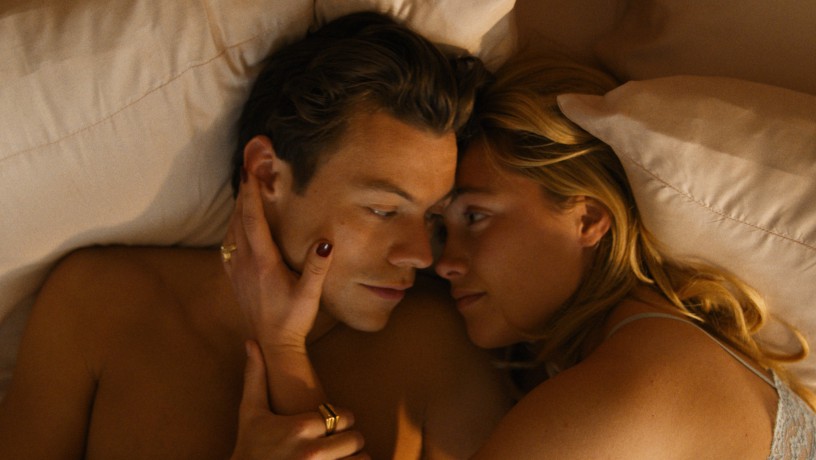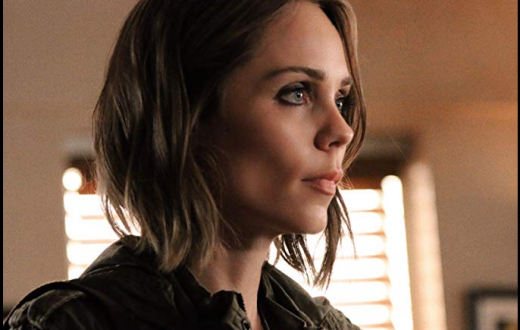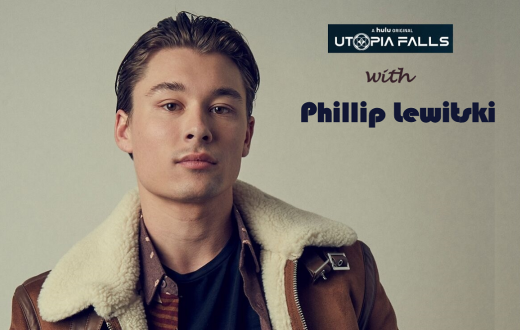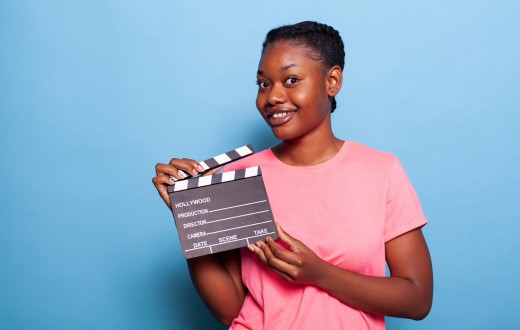Acting has been a staple of the entertainment industry for centuries and its influence on society cannot be denied. There has been an increasing concern that acting may be linked to social decline. I’m analyzing this possible link by examining the various ways in which acting can affect personal relationships and contribute to social disengagement.
It’s difficult to ignore the media’s influence on society. We’re constantly being bombarded with images of celebrities and their lifestyles in magazines, television and social media. But is there a link between these images and the deterioration of our social values? Let’s look at how acting can have an impact on public morality.
Acting is a popular career choice for many, but it can come with its own set of challenges. One of those challenges often involves personal relationships. People who make their living in the performing arts can be highly subject to working long hours and intense workdays, while being away from home or on location for long stretches of time. This lifestyle can take a toll on friendships, family relationships or romantic partnerships. Have you noticed that a lot of celebrities are involved with other celebrities? In my opinion, that’s because they understand each other’s hectic schedules.
Personal Relationships
In some cases, an actor’s career path may require them to move away from home and go where the work takes them. This may cause a strain on their relationship with family members. Spending extended periods of time apart or having limited communication due to conflicting schedules could lead to misunderstandings and resentment between couples.
Getting back to understanding each other’s schedules… I only know what I read, so I don’t have inside information, but look at actress turned director Olivia Wilde and singer Harry Styles. Harry is off on tour and Olivia wants to stay local with her kids. Of course I don’t know the real reason for their breakup, only what I see online. But this is a classic example of how personal relationships can be affected with people in show business.
Social Disengagement
Actors often become so committed to their craft that they forget how to interact on a genuine level with those around them during their off time. They may get lost in the narrative of their performance and find it hard to relate back to everyday conversations or situations. This can cause them to feel disconnected from society, leading them down a path towards social isolation.
Though actors may thrive in the spotlight, it can become difficult for them to handle social isolation that comes with the job. With spending long hours on set and being away from family and friends, this can lead to them experiencing loneliness amongst unfamiliar faces. (You may have heard how actors consider their co-workers their family.)
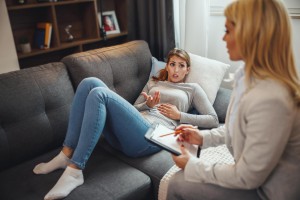 As a result, many actors struggle with their mental health due to lack of connection with those they love. Research shows that feelings of isolation trigger negative thoughts and feelings such as anxiety or depression. This can lead actors down a dangerous path if left unchecked, causing serious damage not only to their own mental health but also their career prospects if they don’t receive professional help when needed.
As a result, many actors struggle with their mental health due to lack of connection with those they love. Research shows that feelings of isolation trigger negative thoughts and feelings such as anxiety or depression. This can lead actors down a dangerous path if left unchecked, causing serious damage not only to their own mental health but also their career prospects if they don’t receive professional help when needed.
Some familiar names have opened up about struggling with mental health: Ryan Reynolds, Britney Spears, Royal Meghan Markle, Bruce Springsteen, Angelina Jolie and Cara Delevingne, just to name a few.
Is Acting Linked to Social Decline?
As you can see from my argument above, acting can have various implications on social relationships and mental health. It often leads to a greater distance between individuals as they become preoccupied with their own performance. Furthermore, it can cause heightened levels of stress and anxiety as performers strive to achieve perfection in their act or satisfy their audience’s expectations. Is there a lack of true interpersonal connection or sustained communication between actors and audience members?
Communication between actors and audience members is an important aspect of any theatrical performance. It can create a more interactive, engaging experience for all involved. Communication between the two parties can take place both directly and indirectly.
Direct communication happens when actors interact with the audience in real time during the show, such as when an actor breaks the fourth wall or interacts with someone in the audience directly. Indirect communication takes place through subtle movements or facial expressions that let the audience know what is going on without having to say anything aloud. This type of communication allows actors to quietly convey emotions or messages, making it especially powerful in storytelling. Both types of communication help bring performances to life and create deeper connections between performers and their audiences.
So where is the line drawn? Do actors have a deeper connection with their audience than with family and friends? We’d love to hear your thoughts. Please follow us and comment at DirectSubmit NYCastings.
P.S. Deeper Connections with Audiences
With the rise of virtual shows and digital platforms, actors are getting creative in order to build deeper connections with their audiences. These connections often go beyond the traditional fourth wall of a performance, allowing performers to truly engage with their viewers.
Actors are going out of their way to create an immersive experience for audiences by providing them with a glimpse into what goes on behind the scenes. From live streams or Q&A sessions that provide insights into character development and rehearsal techniques, to interactive activities that invite audience participation – these strategies help bridge any distance between stage / screen and viewer. Audiences can now feel connected to actors on a personal level, resulting in stronger relationships between performer and fan alike. Furthermore, these innovative approaches have helped foster communities centered around artistic expression, creating lasting impressions far beyond the show itself.

